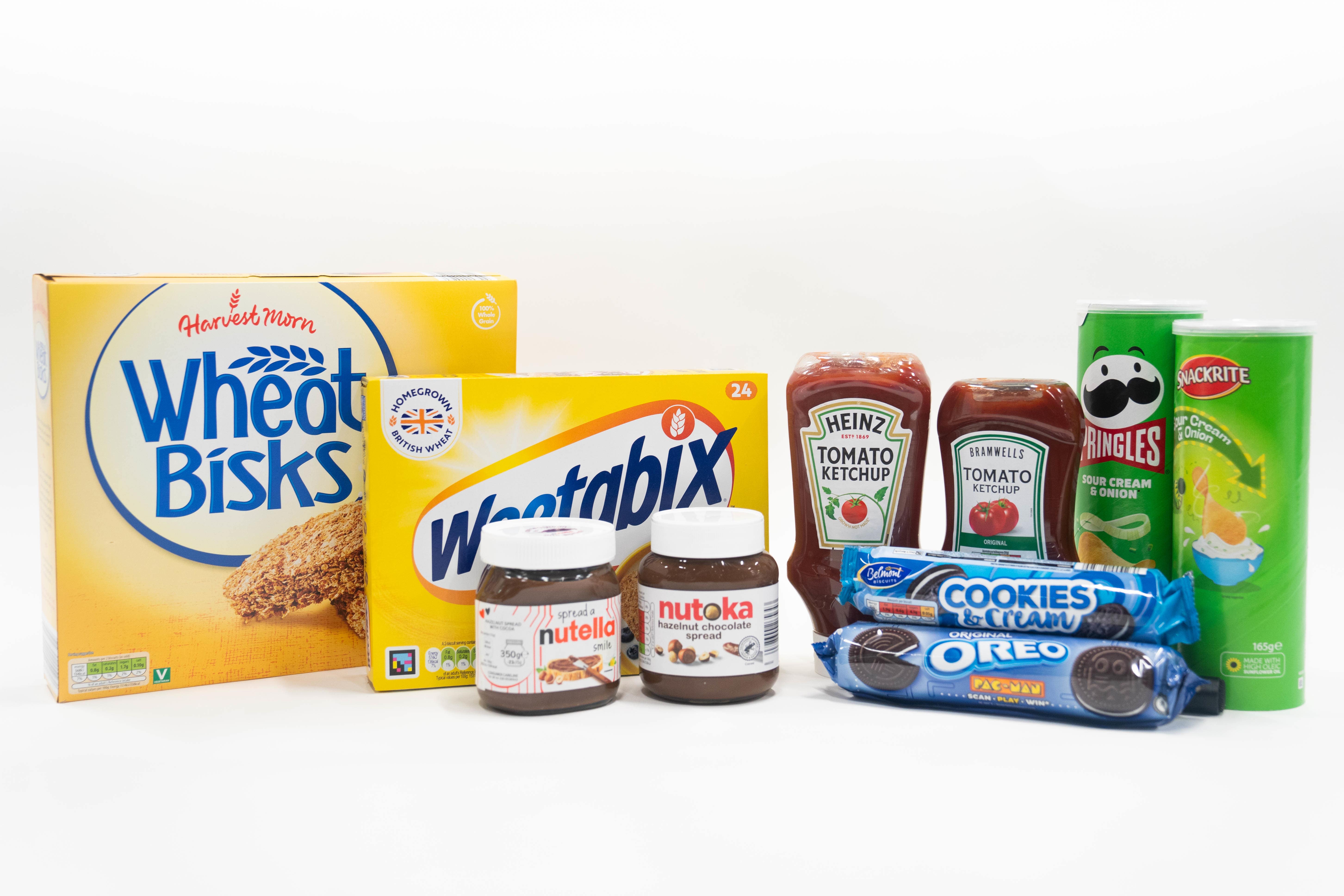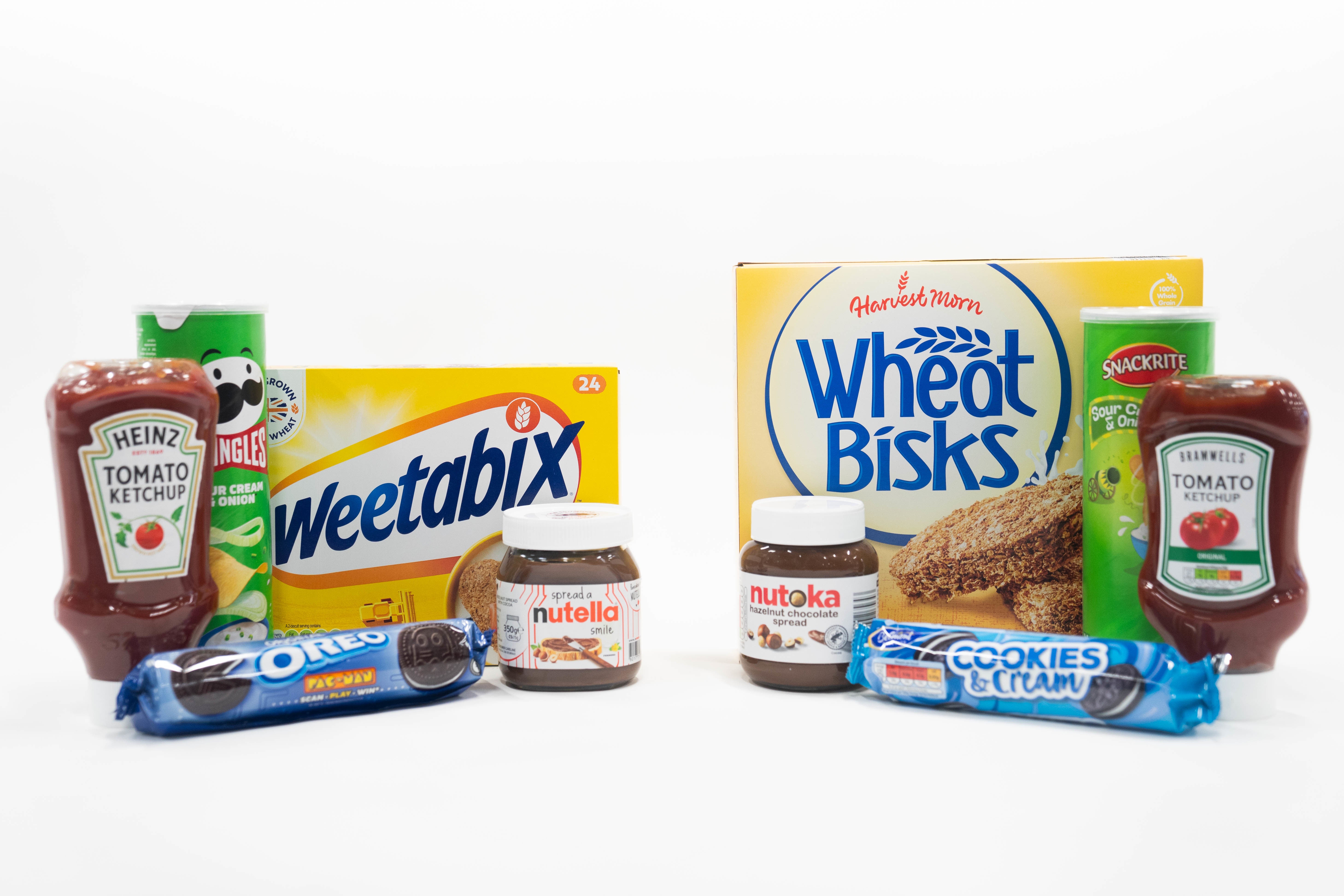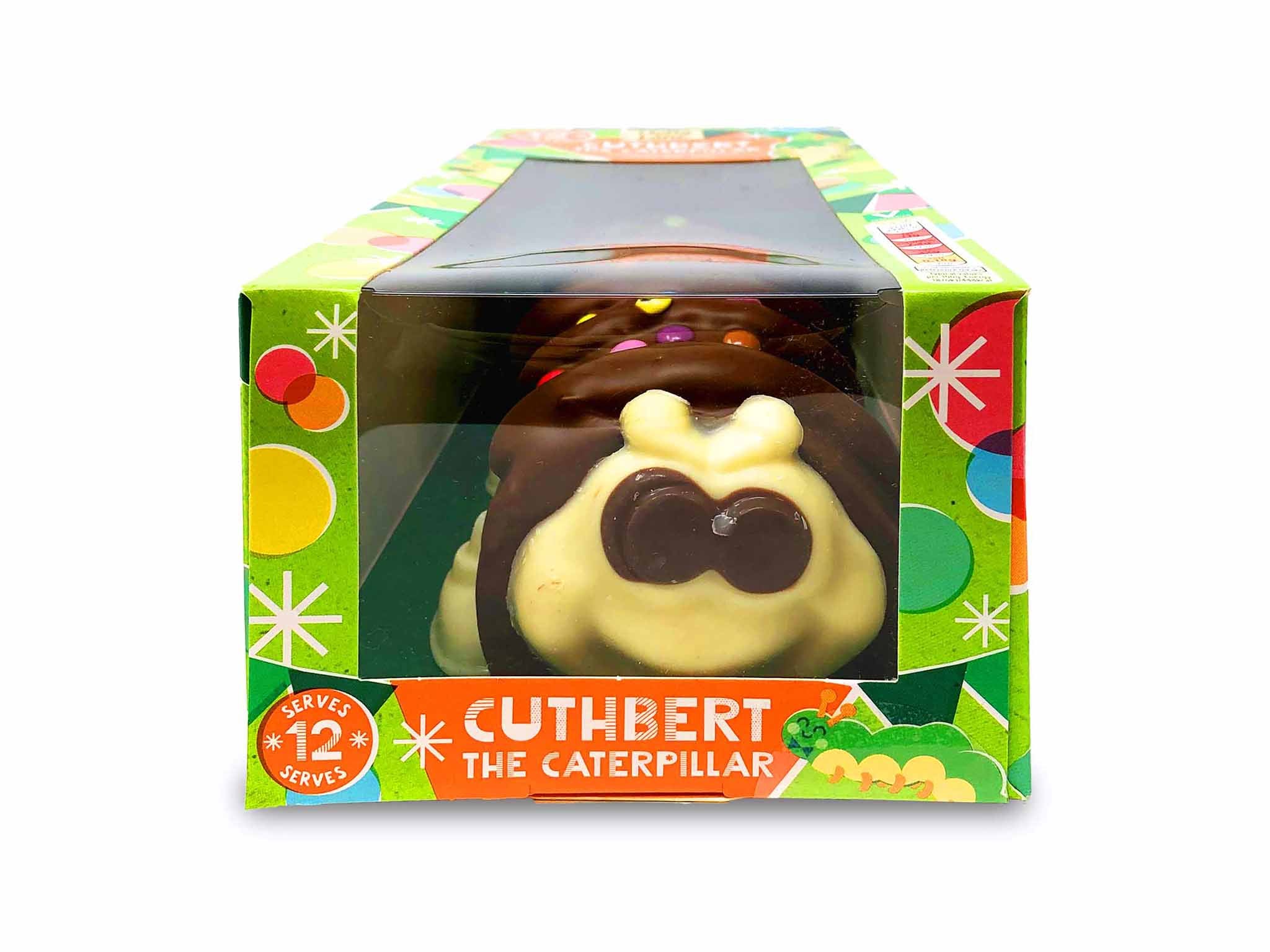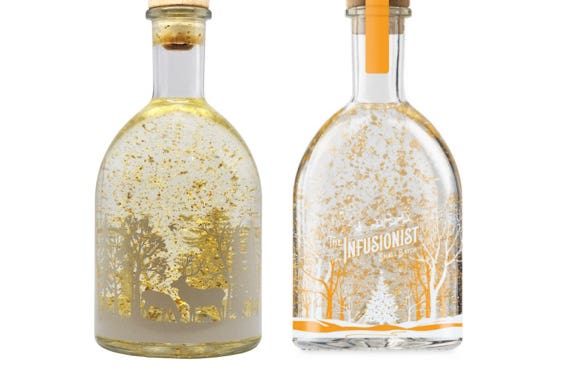From Cuthbert Cake to Wheat Bisks: How Aldi gets away with making copycat products
Some big brands have lost legal battles of Aldi ‘rip-offs’ of their products
A long-running battle between Aldi and Marks & Spencer over light-up gin bottles is just the latest in a line of court cases the German discounter has faced with its brand rivals.
Aldi’s loss of its appeal against a High Court ruling which found it had copied the design of Marks & Spencer’s light-up Christmas gin bottles comes just weeks after the High Court dismissed a trademark infringement claim against it by Thatchers Cider.
In a case tipped by experts as potentially significant for other brands seeking to pursue Aldi on similar grounds, Thatchers had sued Aldi for allegedly infringing its trademark of its cloudy lemon cider, claiming that Aldi’s Taurus brand “copycatted” its product.
Thatchers lost.

While Aldi accepted it used the Thatchers product as a “benchmark”, Judge Melissa Clarke concluded that there was a “low degree of similarity” between the rival products and, crucially, “no likelihood of confusion” for consumers.
The verdict was a bitter blow for Thatchers, who had argued that the company spent nearly £3 million on marketing and had sold £20.7 million worth of the cloudy lemon cider drink as of September 2022, only for Aldi to go on to achieve “extraordinarily high” sales of its Taurus product after a “lack both of development investment, or marketing spend”.
This could “only have been achieved by reason of Thatchers’ investment in the Thatchers product”, the Somerset-based family firm argued.

It was a similar argument to that put forward by M&S in its first dispute with Aldi over its Colin the Caterpillar cake, which it accused Aldi of copying with its “Cuthbert” product.
At the time, M&S said: “Like many other UK businesses, large and small, we know the true value and cost of innovation and the enormous time, passion, creativity, energy and attention to detail that goes into designing, developing and bringing a product to market and building its brand over many years.
“So it is understandable that we want to defend our intellectual property and protect our suppliers – many of them small businesses that have worked with us for decades.”
An undisclosed settlement eventually reached by the two grocers did not deter Aldi from going on to release an ad in which it announced it was “like M&S, only cheaper”, and showing rival caterpillar cakes Cuthbert and Colin breaking into a scuffle at a party.
Jeremy Hertzog, partner and chairman of the innovation department at law firm Mishcon de Reya, said: “The court’s finding that Aldi had not taken unfair advantage of the goodwill and reputation in Thatchers’ trade mark is particularly interesting.
“Here, the court again placed emphasis on its conclusion that Aldi had endeavoured to stay on the right side of the line, that is, it had moved a sufficiently safe distance away, and therefore it did not have an intention to exploit Thatchers’ reputation and goodwill.”
The ruling had echoes of the case of Israeli beauty company Moroccanoil Israel Ltd, which sells hair care products in distinctive orange and turquoise packaging, which sued Aldi over its line of Moroccan Argan Oil hair care products in May 2015.

Moroccanoil lost, with the Australian courts finding that there was “no real, tangible danger” consumers would mistake Aldi’s budget offerings for Moroccanoil’s luxury products based on the brand names.
Furthermore, they ruled that while Aldi’s hair care line might “remind” consumers of the more expensive product, and was intended to do so, shoppers would not think Aldi’s budget products came from or were associated with the luxury brand.
The business model was, as the appeal judgment noted, “to sell very inexpensive products … which resemble, but not too much, other more expensive products”, treading the “delicate line” between reminding consumers of a big brand without misleading them into thinking it is the same product.
Aldi, which now operates more than 1,000 stores in the UK, is steadily increasing its market share. It and fellow discounter Lidl continue to be the fastest growing grocers year on year, according to latest figures from analysts Kantar.
Jeremy Stern, the chief executive of PromoVeritas, which oversees prize promotions run by names such as Cadbury, Yeo Valley and Kellogg’s, said brands could be reluctant to challenge the discounters in the interests of maintaining a place on their shelves.
Meanwhile, Aldi was trying to benefit from the “halo effect” – “if it looks like the brand, it must be as good as the brand”.
Aldi, he noted, had not only created similar pack designs of products that come in standard pack shapes, such as cereals and biscuits, but they had also almost replicated the distinctive packaging of iconic brands such as the Pringles stack or Marmite’s bell shaped jar and yellow lid.
Mr Stern told PA: “Consumers might find this funny, others might think: ‘Great, I’ve got a bargain and my kids won’t know the difference.’
“But mimicking a brand and its packaging does set the barrier for the product inside to be higher. Consumers will expect that the Aldi product will perform like or taste like the brand. As long as the product is good enough, consumers will feel like they’re winning.
“And Aldi’s products are good. Just look at their award-winning range of wines and their performance in various brand-versus-own-label taste tests.”

Mr Stern said that for those brands who wished to challenge Aldi and their seemingly copycat products, it would not be easy.
“They will either have to prove that consumers would be confused into thinking they were buying the branded product, or that Aldi had breached a trademark, such as the use of a similar design or packaging.
“But as we have seen with the Aldi vs Thatchers case, this is not always easy to prove.”
An Aldi spokesman said: “We go to great lengths to ensure that all our own exclusive Aldi brand products adhere to strict copyright guidelines.
“While the quality of our products matches that of more expensive brands, our prices do not.”
Bookmark popover
Removed from bookmarks